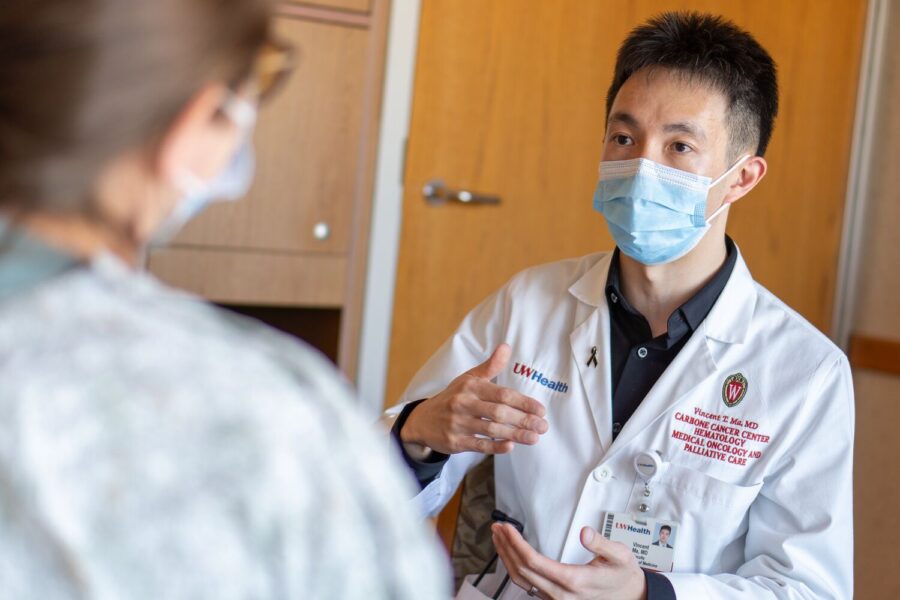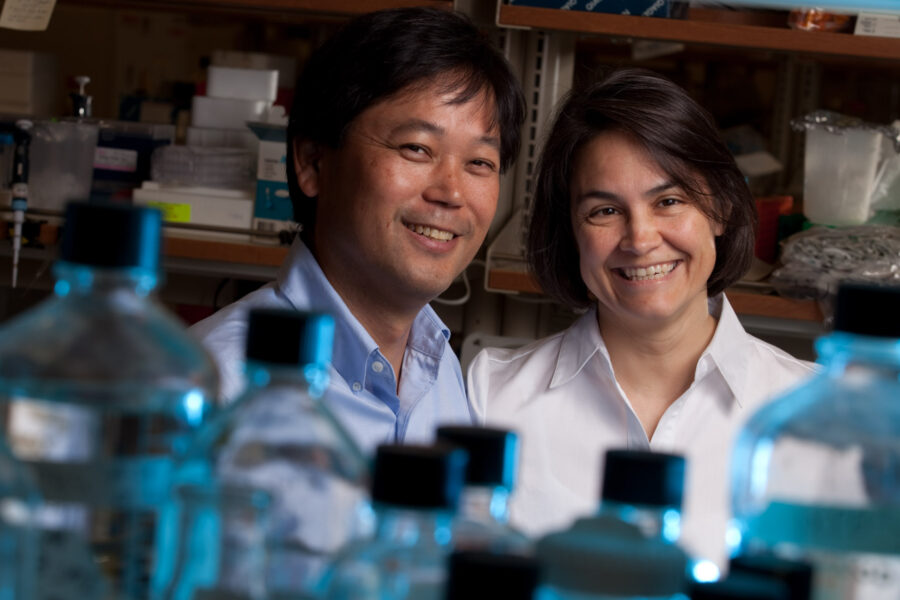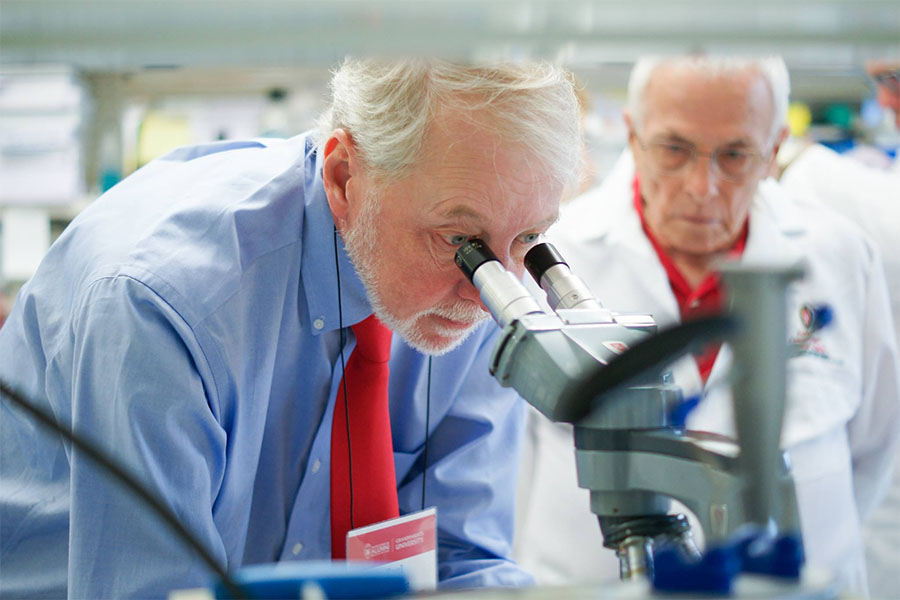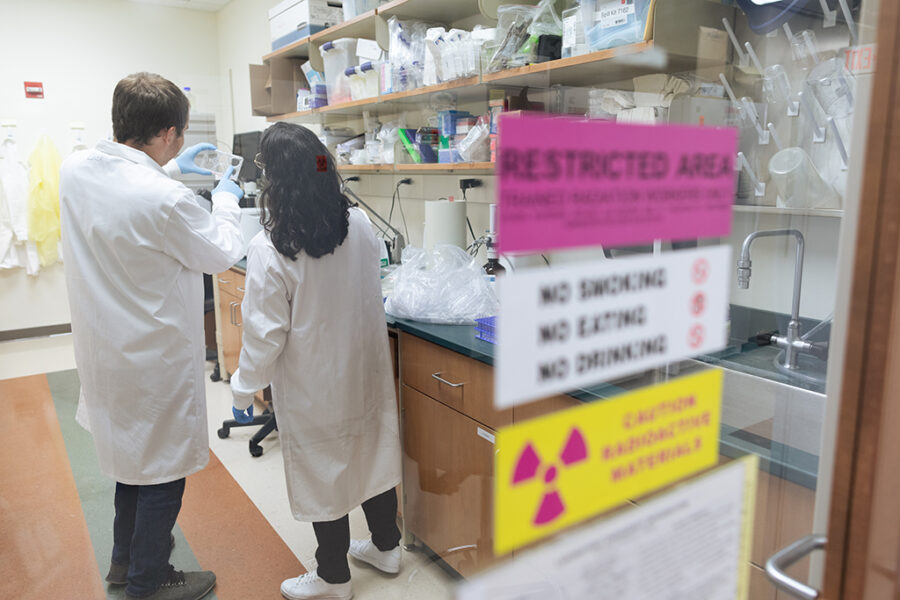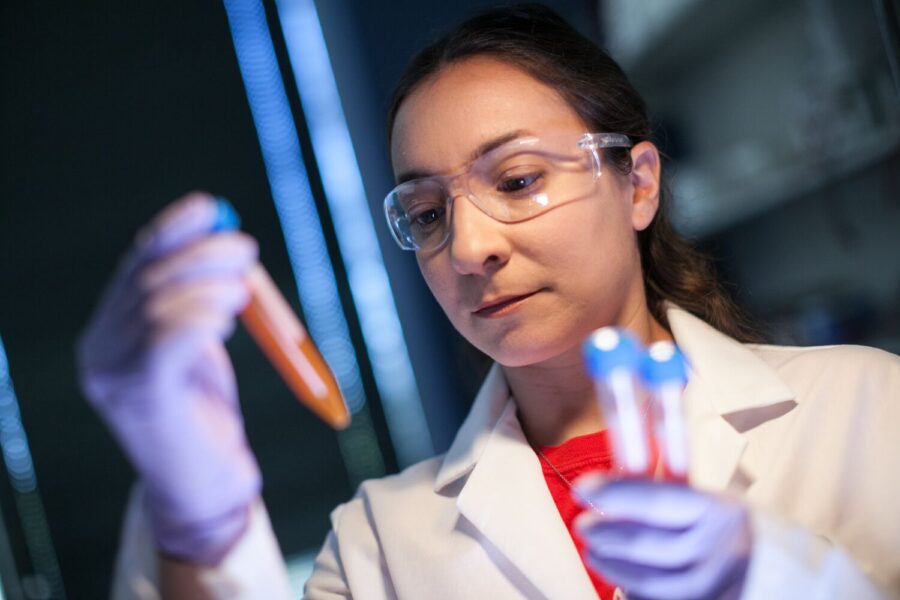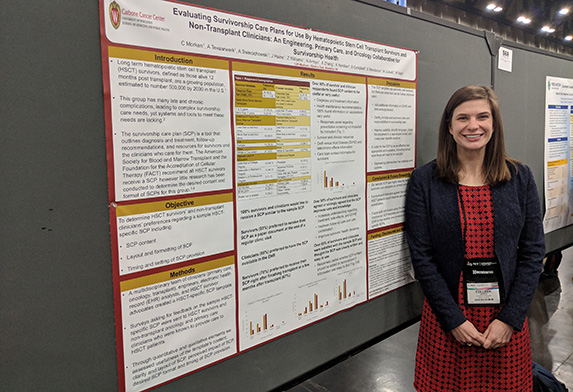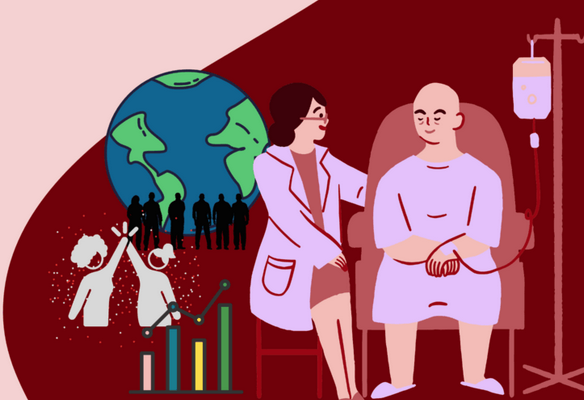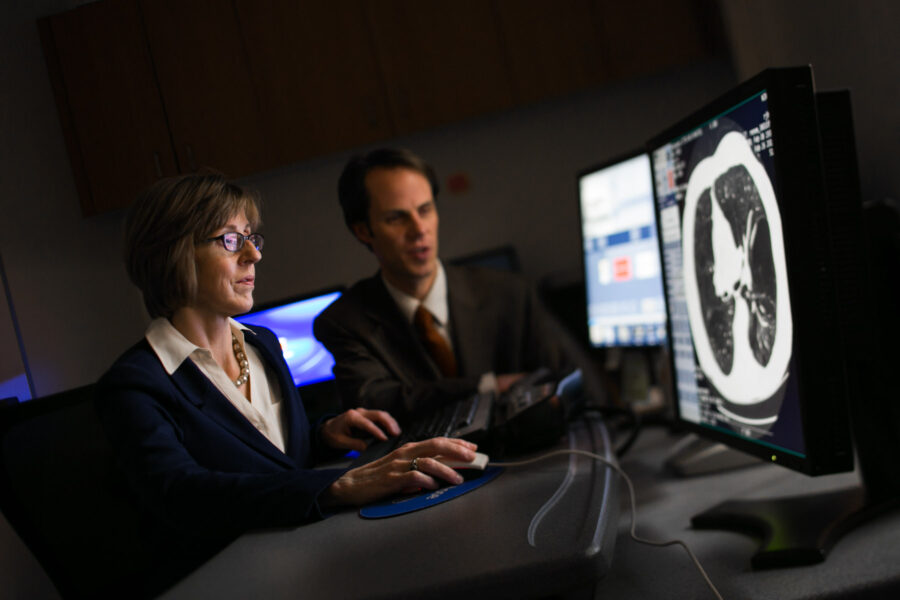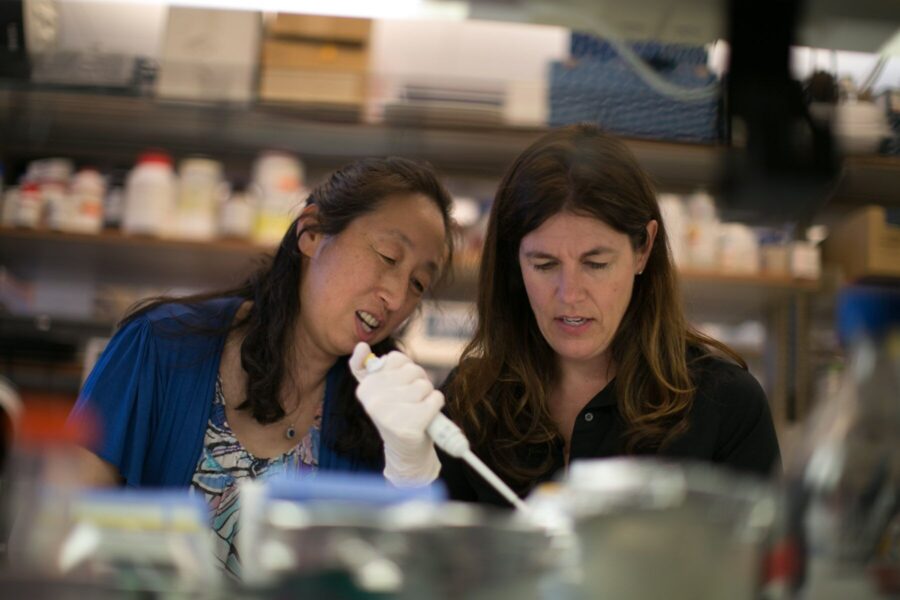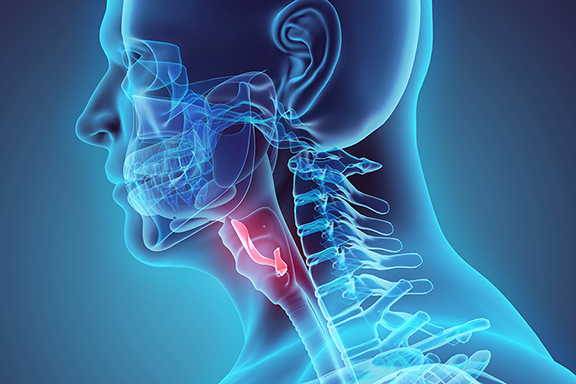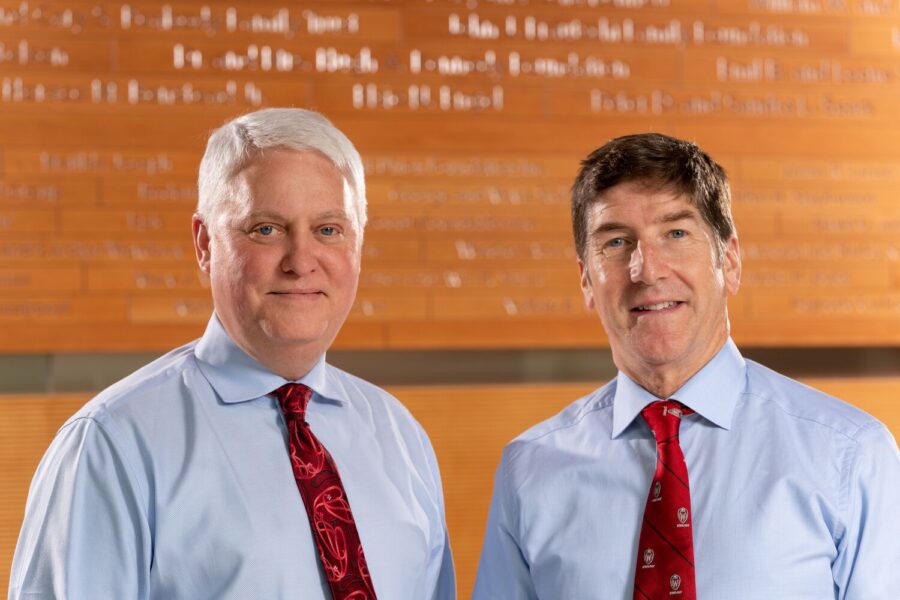Collaboration. Innovation. Impact.
Cancer is not just one disease. A variety of factors influence the way malignant cells develop, spread and evolve to overcome treatment, even among cancers of the same organ type. That’s why UW Carbone encourages a collaborative, multidisciplinary exchange of ideas and research partnerships, including access to shared research services that enhance research at the discovery, translational and clinical stages.
We coordinate the efforts of our 300+ members in six scientific program areas:
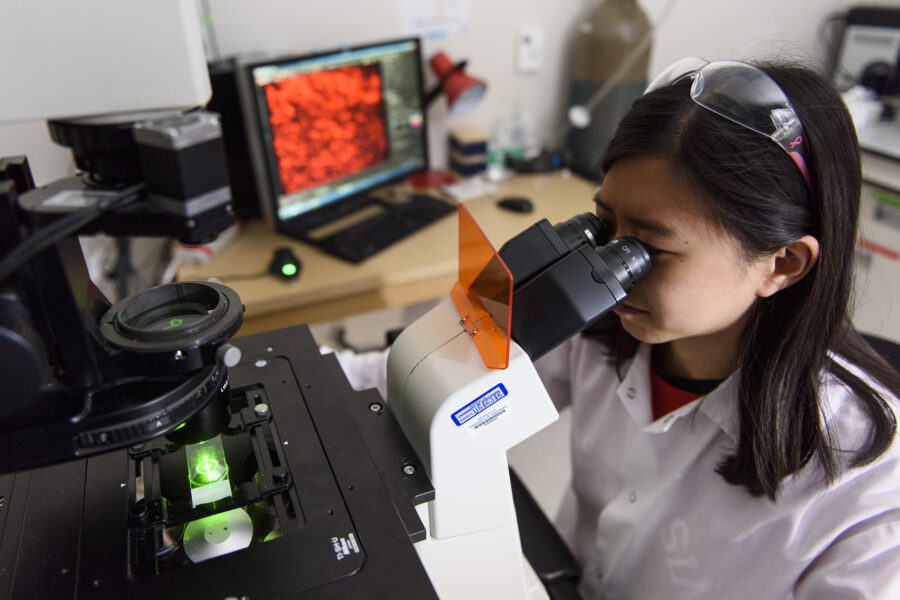
Discovery Research
Understanding the fundamental mechanisms of how cancer cells develop and evolve is crucial to informing prevention efforts and developing effective cancer treatments. With the establishment of McArdle Laboratory as one of the first basic cancer research facilities in the world, UW has a distinguished history in bench research.
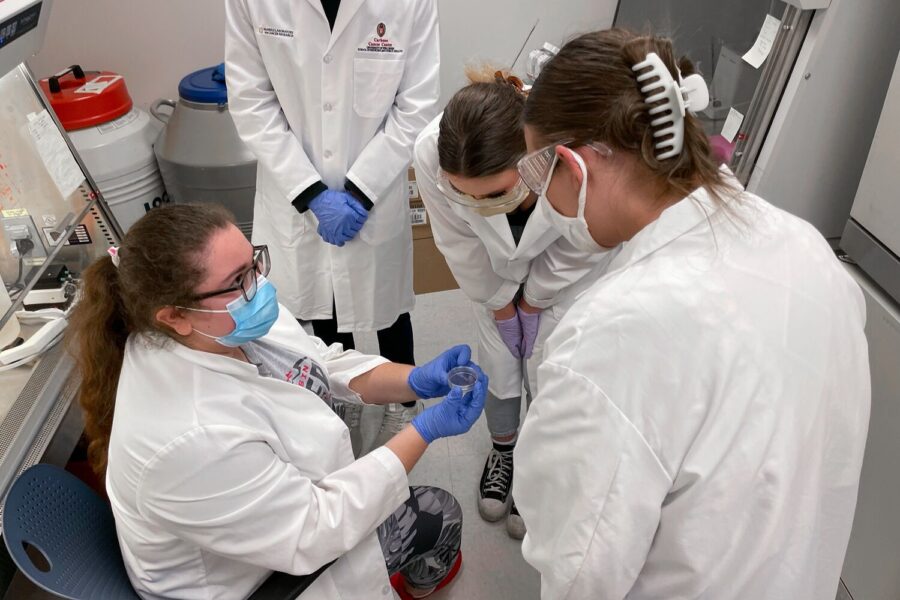
Translational Research
UW Carbone’s translational researchers apply the discoveries and insights learned from bench research to real-world patient needs, such as new methods of cancer prevention, detection and precision treatments.
Clinical Research
The UW Health | Carbone Cancer Center hosts more than 250 clinical trials at a time, vetting the latest discoveries in cancer prevention and care for FDA approval while prioritizing patient safety. This includes the infrastructure to host first-in-human phase I clinical trials.
UW Carbone Membership
Membership Directory
The Membership Directory is a searchable list of UWCCC Members. Search by member name, program area, or department.
Become a Member
UW Carbone is comprised of over 300 faculty based at the University of Wisconsin–Madison, focused on cutting edge cancer treatment and research.
Our Shared Resources
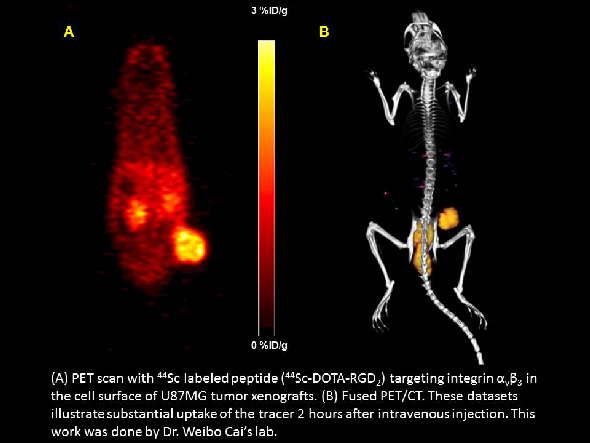
UW Carbone supports a wide array of shared resources that provide access to cost-effective state-of-the-art research infrastructure and world class expertise, enabling research along the entire basic to community/population research continuum. Aligned to support multidisciplinary research and unite physicians and scientists to speed the transfer of science to patients.


